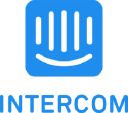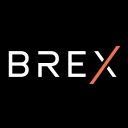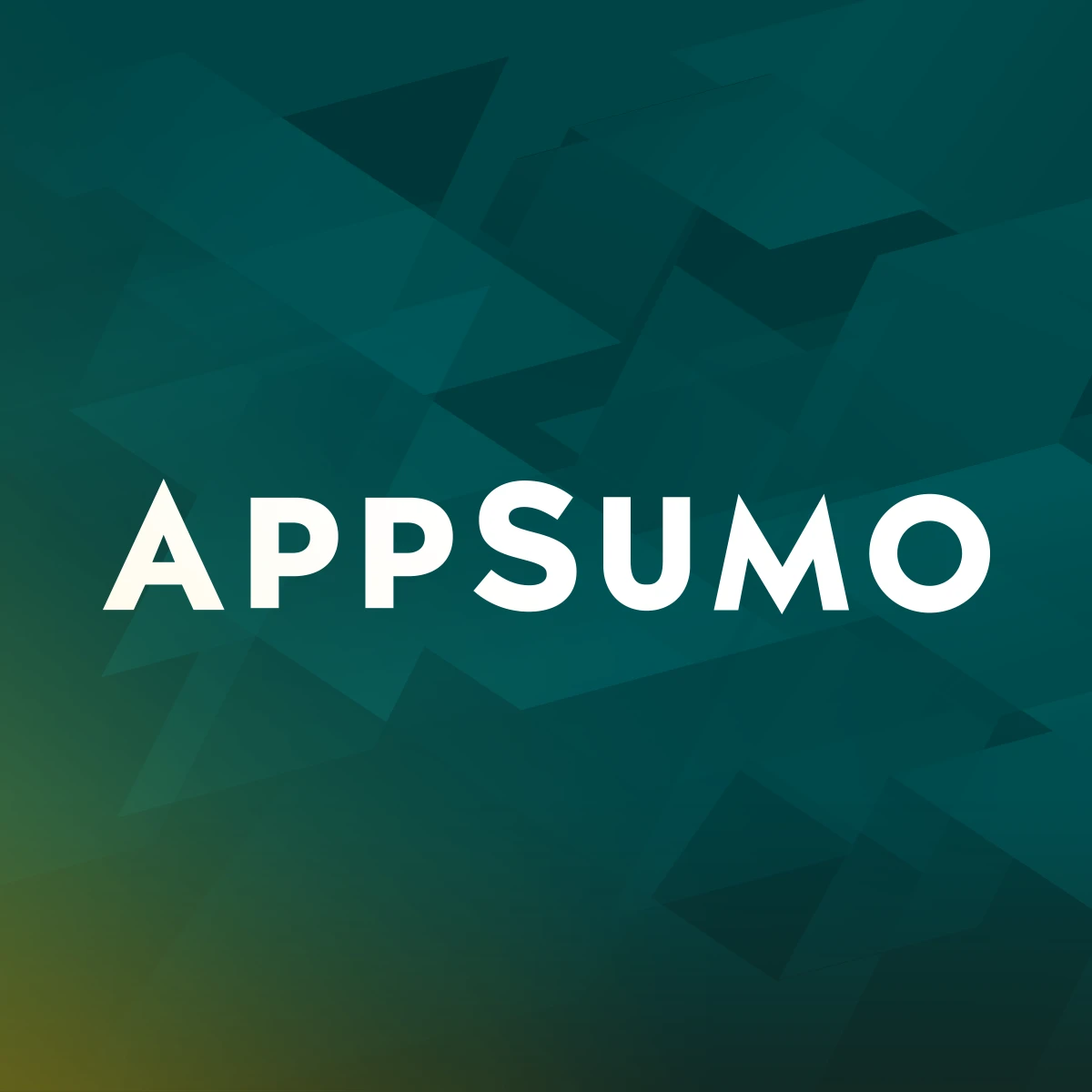How This Solo-Founder Built A $24K/Year Sales Enablement Tool
Hello! Who are you and what business did you start?
Hi, I’m Robin, the founder of SmartCue - a demo automation platform to help software sales teams create personalized demo libraries and close deals faster.
I have a computer science degree from India (2003) and an MBA from Willamette University in Salem, Oregon (2010). Post my MBA, I spent 10+ years with startups of various sizes, all in the B2B SaaS space selling to Enterprise clients, mostly in the US.
As founder & CEO of SmartCue, I wear all the hats you can imagine - CEO, CMO, CHRO, CFO, and the office errand boy! SmartCue, on the other hand, plays a particular role for enterprise sales teams - helping them create a repository or library of personalized product demos that will help them close their deals faster.
We currently have 10+ pilots running, both free and paid, and are getting rave reviews for SmartCue and how it is adding value to our buyers.
 Sorry, you need to login and/or become a member to view the rest of this content.
Sorry, you need to login and/or become a member to view the rest of this content.

Download the report and join our email newsletter packed with business ideas and money-making opportunities, backed by real-life case studies.

Download the report and join our email newsletter packed with business ideas and money-making opportunities, backed by real-life case studies.

Download the report and join our email newsletter packed with business ideas and money-making opportunities, backed by real-life case studies.

Download the report and join our email newsletter packed with business ideas and money-making opportunities, backed by real-life case studies.

Download the report and join our email newsletter packed with business ideas and money-making opportunities, backed by real-life case studies.

Download the report and join our email newsletter packed with business ideas and money-making opportunities, backed by real-life case studies.

Download the report and join our email newsletter packed with business ideas and money-making opportunities, backed by real-life case studies.

Download the report and join our email newsletter packed with business ideas and money-making opportunities, backed by real-life case studies.































